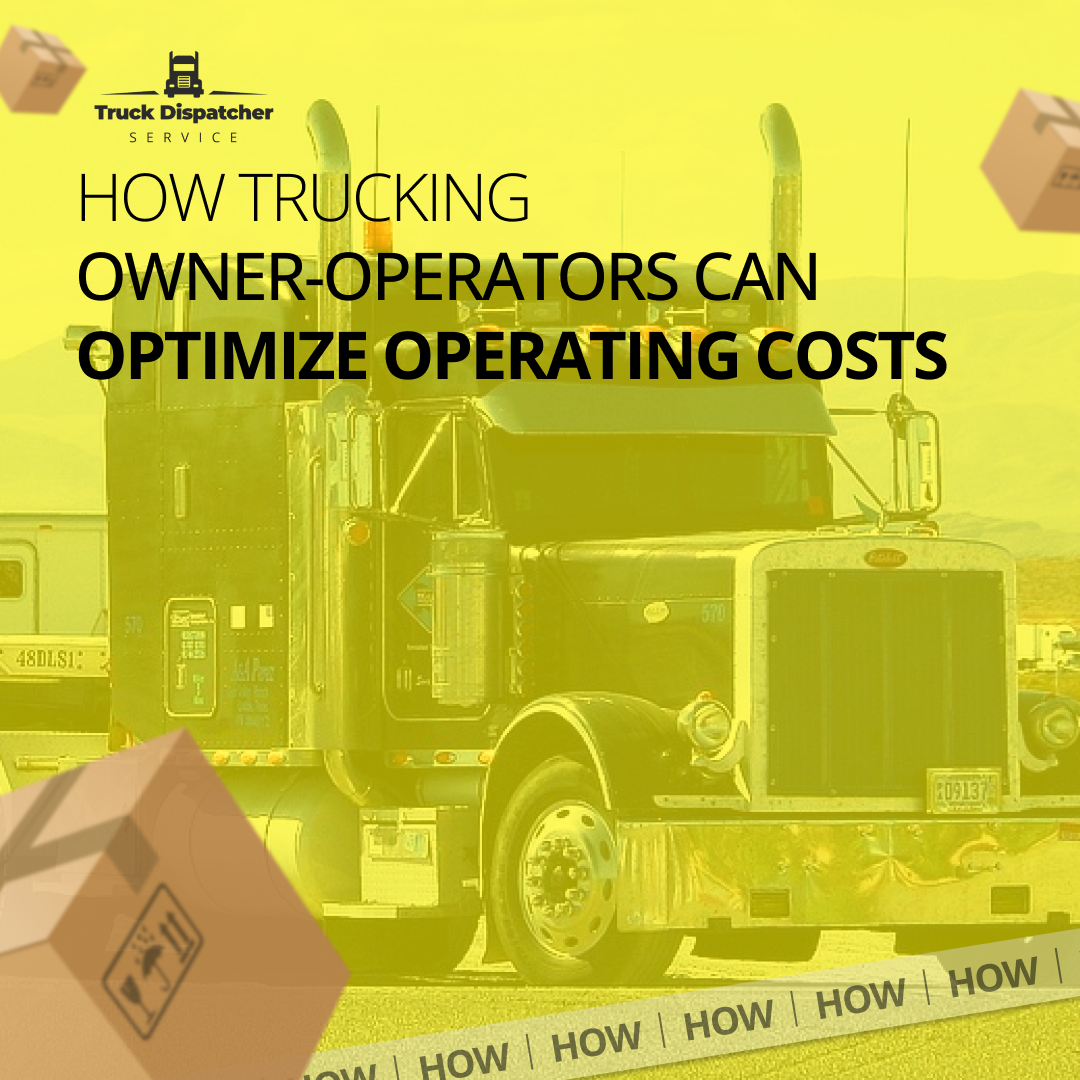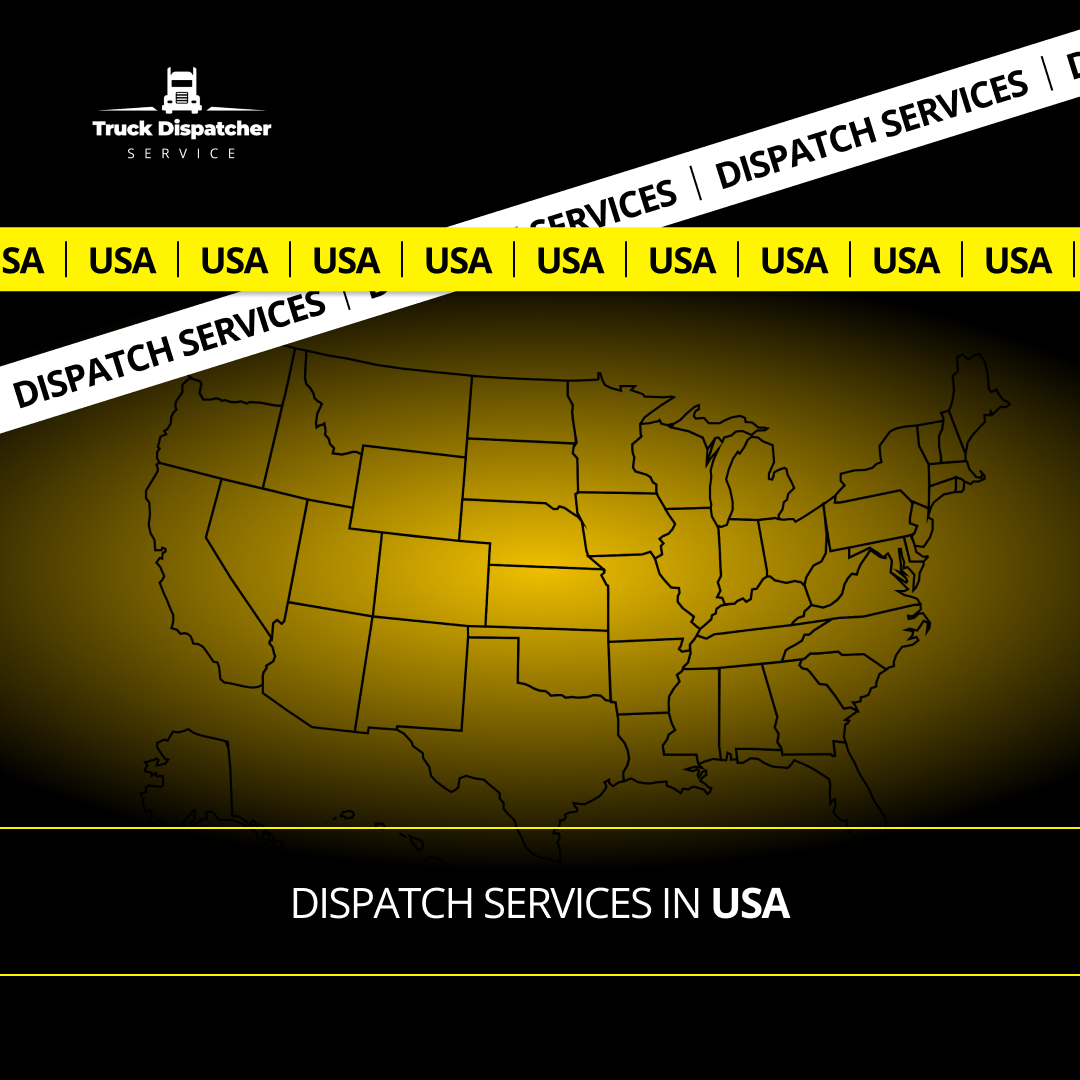The world of transportation is on the cusp of a significant revolution, driven by the rapid development and adoption of autonomous vehicle technologies. While much attention has been focused on self-driving cars for personal use, the impact of these technologies on freight transport is equally significant and promising. In this essay, we will explore the current state of autonomous transport, its potential benefits, and the challenges that lie ahead in realizing its full potential in freight transportation.
Autonomous transportation, often referred to as self-driving or driverless technology, involves vehicles equipped with advanced sensors, cameras, and artificial intelligence (AI) systems that enable them to operate without human intervention. In the context of freight transport, this technology has the potential to transform the industry in several key ways.
Improved Safety: One of the primary advantages of autonomous freight transport is enhanced safety. Autonomous vehicles are less prone to human errors, such as fatigue and distraction, which are leading causes of accidents in the transportation industry. This could lead to a significant reduction in accidents and fatalities on the road.
Increased Efficiency: Autonomous trucks can operate 24/7 without rest breaks, leading to increased efficiency in freight transport. This can result in faster delivery times and reduced operational costs, ultimately benefiting both businesses and consumers.
Environmental Benefits: Autonomous vehicles can be programmed to optimize fuel efficiency, reduce emissions, and minimize traffic congestion. As a result, they have the potential to make freight transport more environmentally friendly.
Labor Savings: The automation of freight transport could lead to labor savings for shipping companies. While this may raise concerns about job displacement, it could also create new job opportunities in areas like vehicle maintenance and software development.
Last-Mile Delivery: Autonomous vehicles are well-suited for last-mile delivery, where goods are transported from distribution centers to consumers’ homes. This could lead to faster and more cost-effective delivery services for e-commerce and logistics companies.
However, the widespread adoption of autonomous freight transport faces several challenges:
Regulatory Hurdles: The legal and regulatory framework for autonomous vehicles is still evolving. Governments around the world must establish clear rules and standards to ensure the safe operation of autonomous freight vehicles.
Technological Advancements: While significant progress has been made in autonomous vehicle technology, there are still technical challenges to overcome, such as improving the reliability of sensors and refining AI algorithms.
Cybersecurity: Autonomous vehicles are vulnerable to cyberattacks, which could have serious consequences if not adequately addressed. Ensuring the security of autonomous transport systems is crucial.
Public Acceptance: Convincing the public of the safety and benefits of autonomous freight transport is essential for its widespread adoption. Education and awareness campaigns will be necessary.
In conclusion, the future of autonomous transportation technologies in freight transport is promising, with the potential to revolutionize the industry. However, realizing this potential will require overcoming various challenges, including regulatory hurdles, technological advancements, cybersecurity concerns, and public acceptance. If these challenges can be addressed, autonomous freight transport has the potential to improve safety, efficiency, and sustainability in the world of logistics and transportation.

 +1 773 649 1774
+1 773 649 1774










